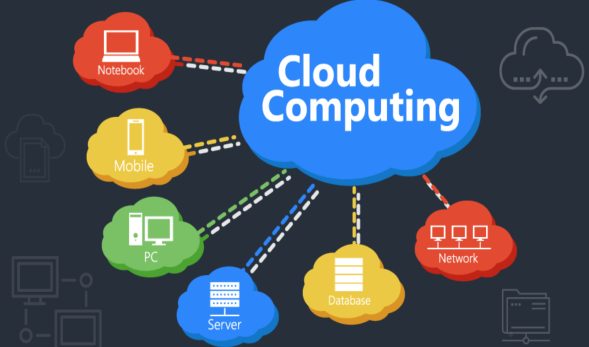Description
Introduction
Cloud storage solutions provide scalable, flexible, and secure methods for storing and managing data in the cloud. They offer businesses and individuals the ability to store large volumes of data without needing to invest in physical hardware. This course explores the key cloud storage solutions available on popular platforms, including how to manage data effectively and ensure its security. Topics will cover data storage architectures, best practices for data management, and securing cloud data from threats.
Prerequisites
- Basic understanding of cloud computing concepts.
- Familiarity with data storage principles (databases, file systems).
- Knowledge of security fundamentals such as encryption and access control.
- Some experience using cloud platforms (AWS, Azure, or Google Cloud).
Table of Contents
- Introduction to Cloud Storage Solutions
1.1 Overview of Cloud Storage and Its Importance
1.2 Types of Cloud Storage: Object, Block, and File Storage
1.3 Popular Cloud Storage Providers: AWS, Azure, Google Cloud
1.4 Benefits of Cloud Storage: Scalability, Accessibility, and Cost Efficiency - Cloud Storage Architectures
2.1 Cloud Storage Models: Public, Private, and Hybrid
2.2 Choosing the Right Storage Model for Your Needs
2.3 Cloud Storage Performance Considerations: Latency, Throughput, and Redundancy
2.4 Distributed Storage Systems in the Cloud(Ref: Building and Deploying Applications on Cloud Platforms) - Managing Data in the Cloud
3.1 Data Organization: Structuring and Categorizing Stored Data
3.2 Managing Storage Costs with Tiered Storage Solutions
3.3 Data Lifecycle Management: Archiving, Retention, and Deletion
3.4 Integrating Cloud Storage with Data Analytics and Big Data Solutions - Cloud Data Security Fundamentals
4.1 Securing Cloud Data: Encryption at Rest and in Transit
4.2 Access Control and Identity Management: IAM (Identity and Access Management)
4.3 Multi-Factor Authentication (MFA) for Secure Data Access
4.4 Data Redundancy and Backup for Business Continuity - Advanced Data Security Practices for Cloud Storage
5.1 Cloud Security Frameworks and Compliance Standards (GDPR, HIPAA, SOC 2)
5.2 Advanced Encryption Techniques and Key Management
5.3 Secure File Sharing and Collaboration in Cloud Storage
5.4 Data Anonymization and Masking for Sensitive Information - Cloud Storage for Backup and Disaster Recovery
6.1 Building Backup Solutions in the Cloud: Best Practices
6.2 Disaster Recovery Strategies Using Cloud Storage
6.3 Data Replication and Geographic Redundancy in the Cloud
6.4 Automating Backup Processes with Cloud Services - Cloud Storage Monitoring and Optimization
7.1 Monitoring Cloud Storage Usage and Performance
7.2 Identifying and Resolving Storage Bottlenecks
7.3 Optimizing Data Storage Costs with Automated Tiering and Archiving
7.4 Leveraging Analytics to Improve Storage Management - Cloud Storage Integration and APIs
8.1 Integrating Cloud Storage with Existing IT Infrastructure
8.2 Using Cloud Storage APIs for Custom Integrations
8.3 Managing Cloud Storage with DevOps Tools and Automation
8.4 Migrating Data to the Cloud: Best Practices and Tools - Emerging Trends in Cloud Storage
9.1 The Role of Artificial Intelligence and Machine Learning in Storage Management
9.2 Edge Computing and Its Impact on Cloud Storage
9.3 Quantum Storage Solutions: The Next Frontier in Data Management
9.4 Blockchain for Cloud Storage: Decentralized Data Management - Best Practices for Securing Cloud Storage
10.1 Data Governance and Compliance in Cloud Environments
10.2 Implementing Security Best Practices for Cloud Data Storage
10.3 Keeping Data Secure in Multi-Cloud and Hybrid Environments
10.4 Regular Security Audits and Vulnerability Assessments
Conclusion
Cloud storage solutions are a crucial part of modern data management, offering flexible, cost-efficient, and scalable options for businesses and individuals alike. By understanding cloud storage architectures, effective management practices, and advanced security protocols, organizations can ensure their data is both well-organized and protected. As data security becomes an increasing concern, integrating best practices and staying up to date with emerging trends in cloud storage is essential for maintaining a secure and optimized data storage strategy.







Reviews
There are no reviews yet.